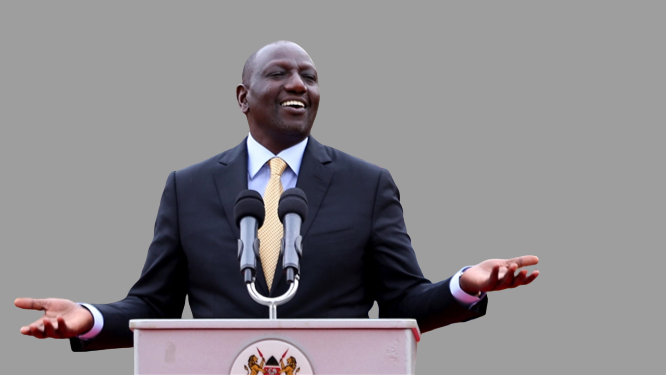In a surprising political move, President William Ruto has appointed several key figures from the opposition Orange Democratic Movement (ODM) to his Cabinet. This unprecedented decision is seen as a strategic attempt to foster national unity and potentially quell political tensions.
Former ODM stalwarts John Mbadi, Wycliffe Oparanya, Ali Hassan Joho, and Opiyo Wandayi have been tapped for crucial government roles. Mbadi, the former ODM Chairman, will now head the National Treasury and Planning docket, a position that puts him at the heart of Kenya’s economic policies. Oparanya, a former governor, will oversee the Cooperatives and MSMEs ministry, including the popular Hustler Fund. Joho, the ex-Mombasa Governor, takes charge of the Ministry of Mining, Blue Economy, and Maritime Affairs. Meanwhile, Opiyo Wandayi, a vocal critic of the Kenya Kwanza administration, will be responsible for the Energy and Petroleum docket.
Read also; Murugi Munyi shares secret to a successful relationship
The appointments have sparked intense debate, with critics questioning the rationale behind bringing in former opponents into government. However, proponents argue that these appointments are a step in the right direction towards building a more inclusive Kenya.
Mbadi’s appointment is particularly intriguing given his vocal opposition to some government policies. His new role will require a delicate balancing act between implementing government fiscal plans and addressing public concerns.
The Hustler Fund, a key component of Ruto’s economic agenda, will now be managed by Oparanya. The fund has already disbursed Sh44 billion to over 18 million Kenyans, and the government hopes that Oparanya’s experience will accelerate its impact.
Joho’s appointment signals the government’s focus on the blue economy, a sector with significant potential for Kenya’s economic growth. Wandayi, on the other hand, will face the challenge of ensuring stable energy supply amidst global price fluctuations.
While the political implications of these appointments are still unfolding, there is no doubt that they have reshaped Kenya’s political landscape.
